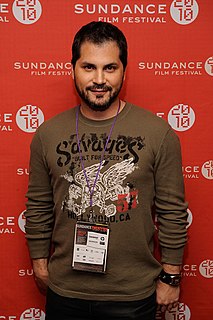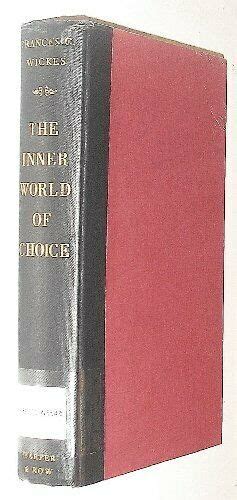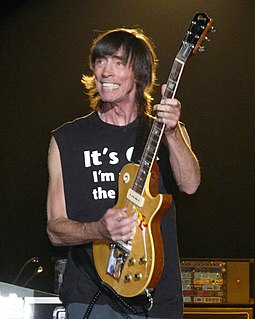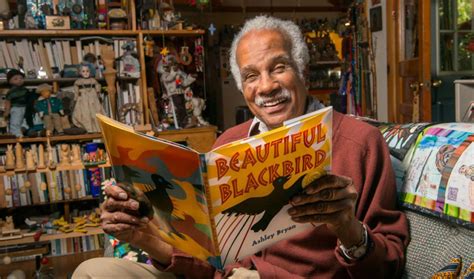A Quote by Stephen Hawking
there is no prescribed route to follow to arrive at a new idea. You have to make the intuitive leap. But the difference is that once you've made the intuitive leap you have to justify it by filling in the intermediate steps. N my case, it often happens that I have an idea, but then I try to fill in the intermediate steps and find that they don't work, so I have to give it up.
Related Quotes
Make sure to immediately write down any impressions you receive. Intuitive impressions are often subtle and therefore 'evaporate' very quickly, so make sure to capture them in writing as soon as possible. Recent research in neuroscience indicates that an intuitive insight - or any new idea - not captured within 37 seconds is likely never to be recalled again. In 7 minutes, it's gone forever. As my buddy Mark Victor Hansen likes to say, 'As soon as you think it, ink it!'
The problem is that once I start on a song and get a rough idea of where I might go with an arrangement, I try dozens, sometimes hundreds, of different things on a song. The bass, the backing guitars, the lead guitars, the keyboards. It's a long process. It's like 100 steps forward and 99 steps back.



































